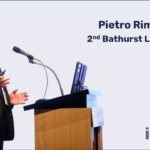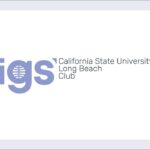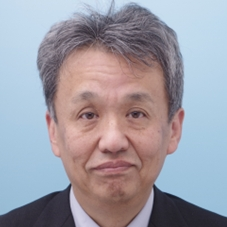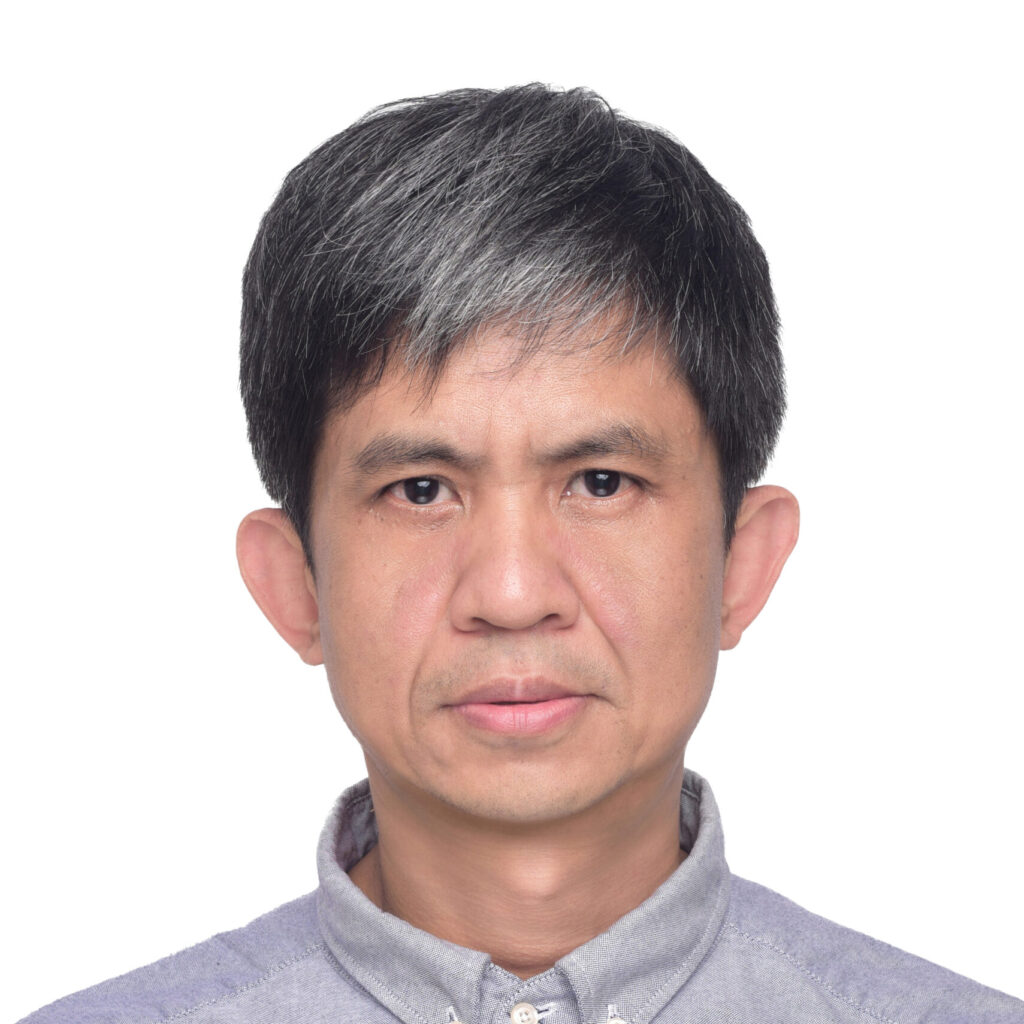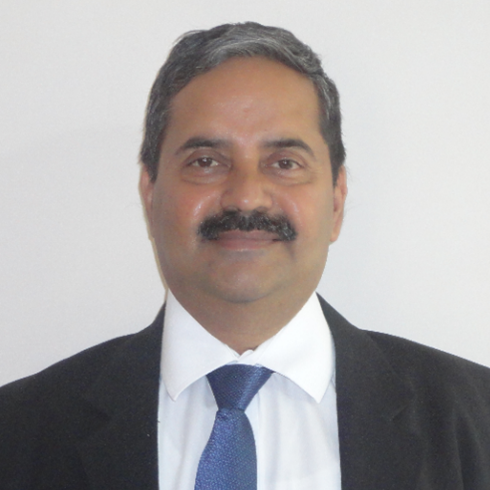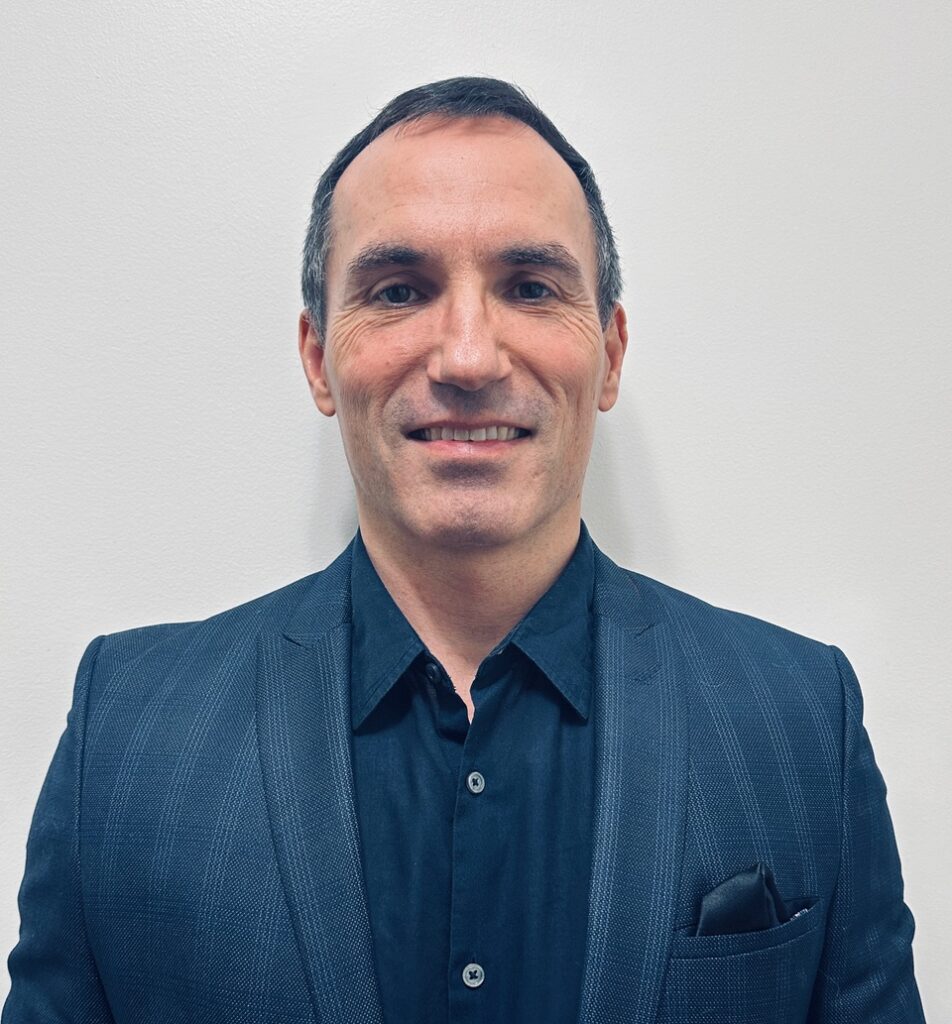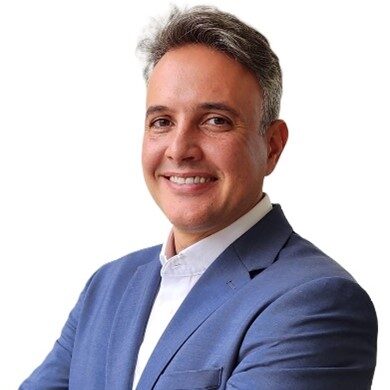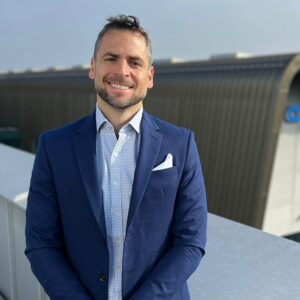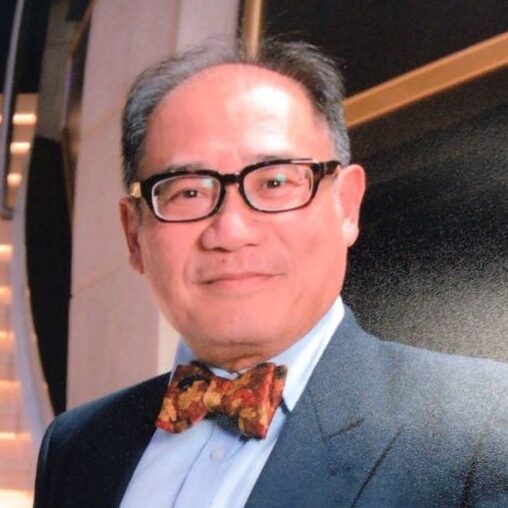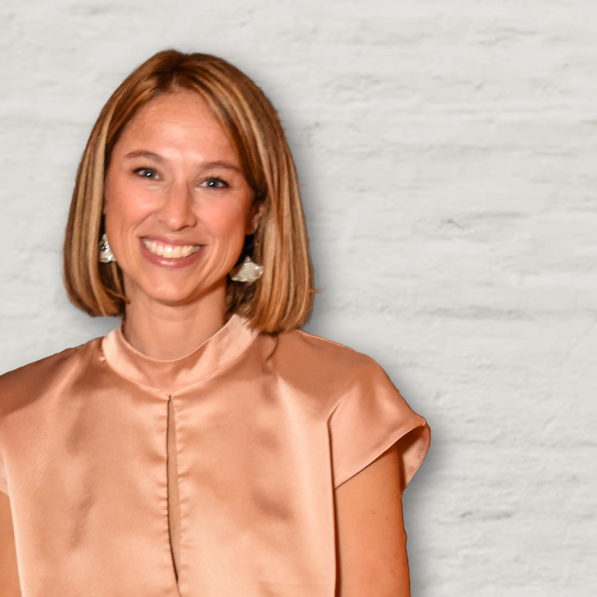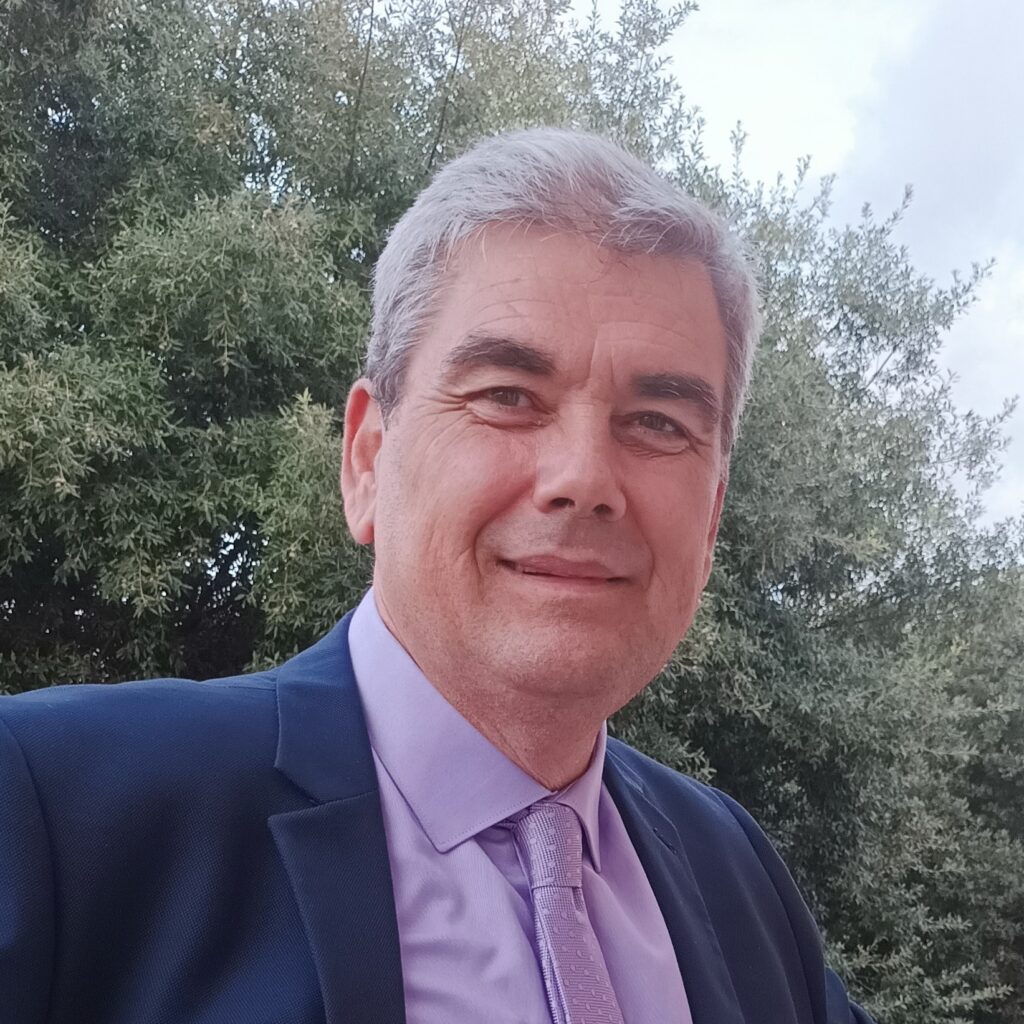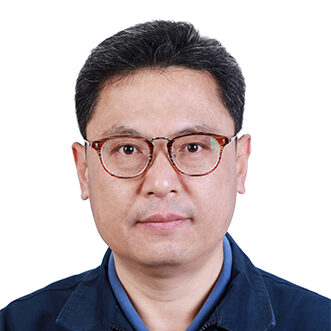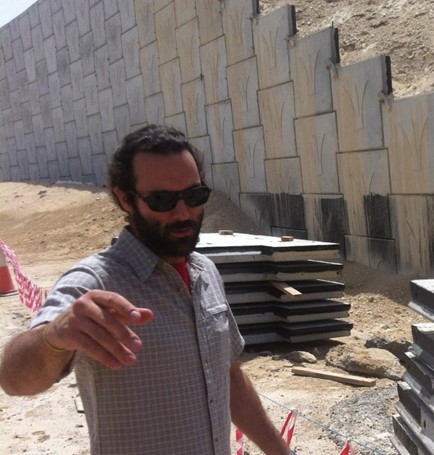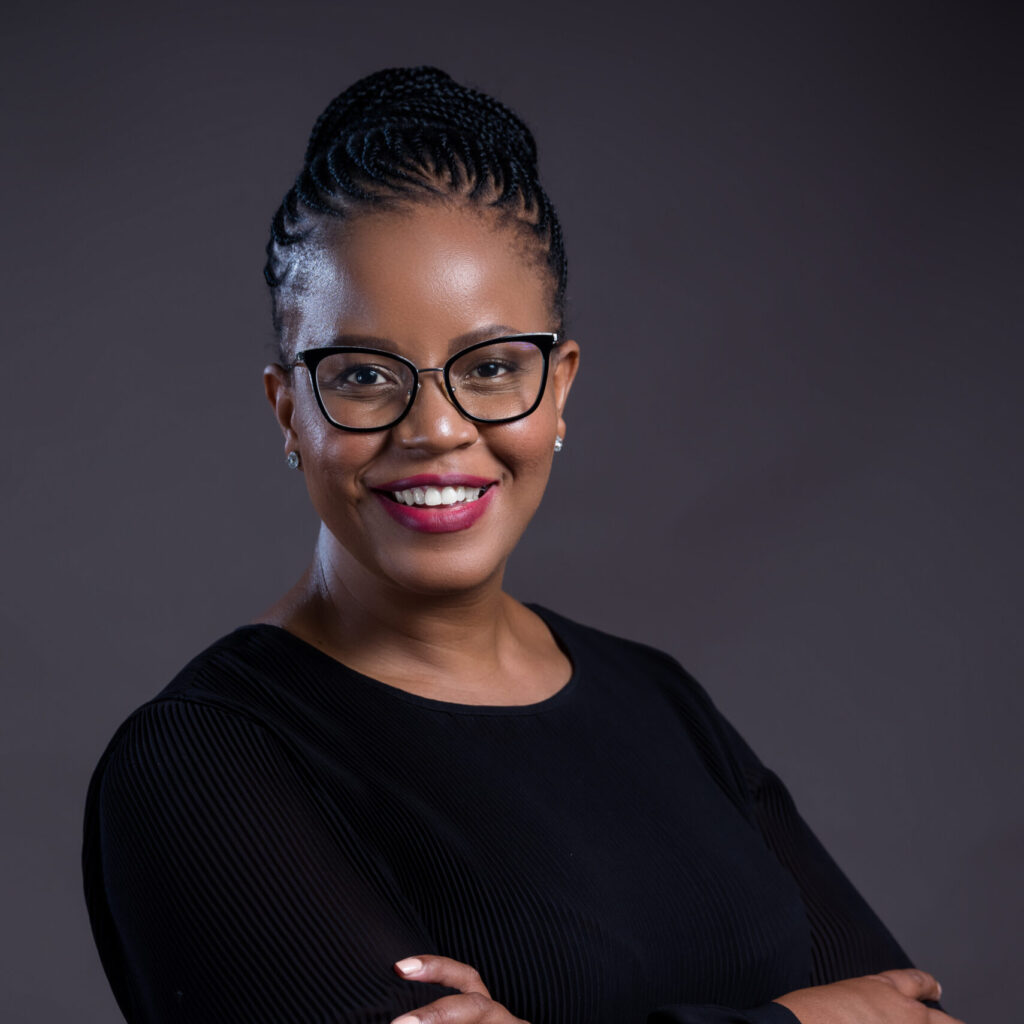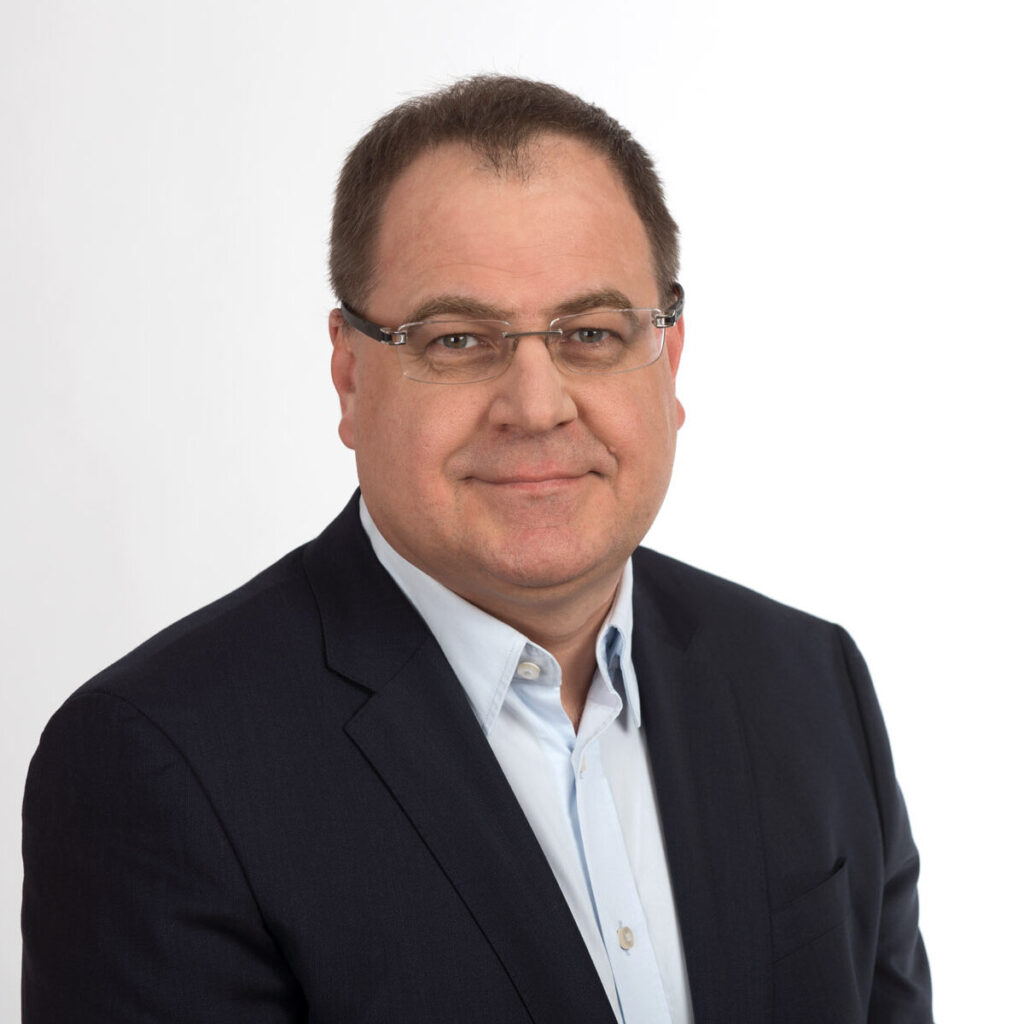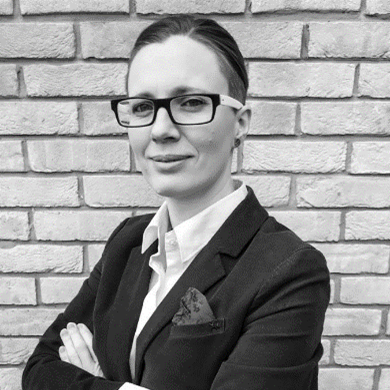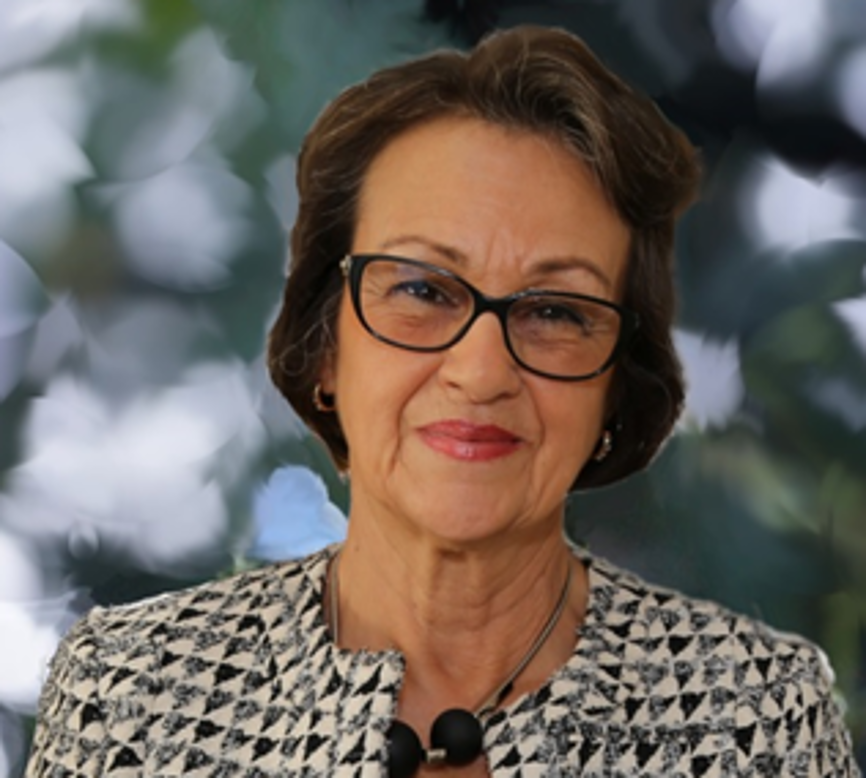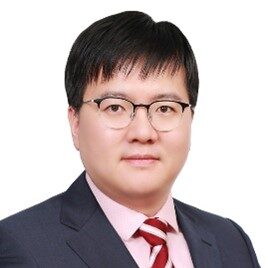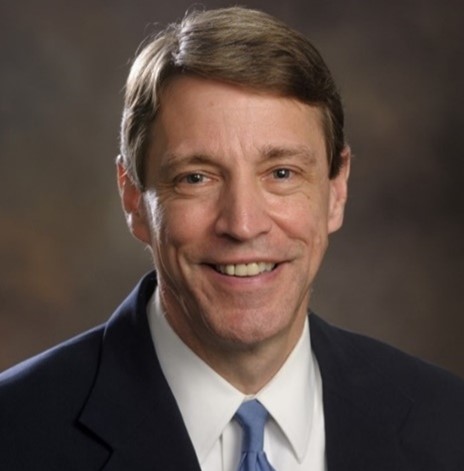Our regular series with young engineers this time talks to Viviana Mangraviti who is currently working as a post-doc researcher in Sweden.
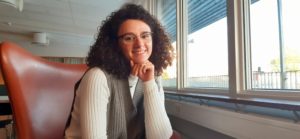 Hi Viviana! Please introduce yourself and where you work.
Hi Viviana! Please introduce yourself and where you work.
Hello, I am Viviana Mangraviti, I’m 30 years old and I work as a post-doc at Chalmers University of Technology, in Gothenburg, Sweden.
Tell us a bit about your journey to your post-doc.
I am from Messina, a city squeezed between the hills and the sea in Sicily, Italy. I studied civil engineering at the University of Messina. After my Master’s degree I moved to Milan, where I took a PhD at Politecnico di Milano in ‘Structural, Seismic and Geotechnical Engineering’. In particular, my PhD thesis was about geosynthetic-reinforced and pile-supported embankments.
During my PhD I spent six months at Chalmers University of Technology in Gothenburg, Sweden, where I had a very positive experience. Once I had the chance to start a post-doc there, I was very excited to start a new adventure abroad in a very nice city such as Gothenburg. So, I decided to go.
Why are you interested in geosynthetics and your chosen research focus? Why is engineering your passion?
I like to challenge myself, and that is basically why I like engineering so much, since there is always a challenging problem to solve that leads me to improve my skills. During my path as a geotechnical engineer, I focused on numerical modelling, with the ultimate goal of theoretically modelling geotechnical systems such as piled embankments and slopes.
How does the life of a post-doc differ from that of a PhD student?
When you are a post-doc, even if your job is to study, you are not a student any more. You are not paid to learn but to produce results that users of your research will find interesting. You have more experience, you are more independent in the research and confident about your knowledge.
What was your experience in the first three to six months of your post-doc? Was it what you expected?
The first period of my post-doc was quite a tricky one since it happened during the Covid-19 pandemic. I mainly worked from home, rarely meeting colleagues at the office. Nevertheless, I was able to fit into the new project and expand my knowledge of both technical and theoretical aspects.
What do your day-to-day tasks involve? Presumably a mixture of study/research and work?
Exactly, the research activities are very varied. It could be a busy day either in reading and looking into the literature or in running numerical analyses and programming a new code for data elaboration (extracting and interpreting results in a useful way for the scientific community). In addition to study and work, I also teach and supervise students during their thesis, which are activities that are really effective for personal growth.
What do you wish you knew before starting your PhD or post-doc?
That being an engineer was a job for women too. It may seem obvious nowadays, but perhaps not as there are still not huge numbers of women in engineering.
I have always been one of the few women in the field of geotechnical engineering. This can sometimes be daunting but ‘geotechnical engineer’ is definitely a job for both women and men. If you like mechanics such as hydraulics, this is a field that you will love.
Do you have any tips/advice for students moving to a foreign country for a PhD or post-doc?
Definitely take the chance to have an experience abroad – it’s not as scary as it seems! Universities are generally the most international environment you can find in a city, so you will have the chance to integrate into the local community, find new friends and start collaborations that can be useful for your future.
Are you involved with the IGS Young Members Committee?
I have attended the IGS Young Members Committee meetings since last year. Unfortunately, due to the pandemic, I have not had the chance to meet members in person. I’m looking forward to that! I’m also helping to organize some aspects of the 12th International Conference on Geosynthetics in Rome next year.
What are your long-term ambitions and goals?
I know that to have good results, time is needed. When your main activity is research, long-term goals are the most difficult to reach and to look at. I look forward to gaining some of those goals and to publish my work, so that it can be useful to someone else.
In the future I want to be a good engineer. I still do not know if I see myself in academia or in the industry; I am open to all the possibilities that life will offer.
**
You can learn more about the IGS Young Members Committee here.
Would you like to feature in our Engineers’ Q&A? Email your details to youngmembers@geosyntheticssociety.org.



